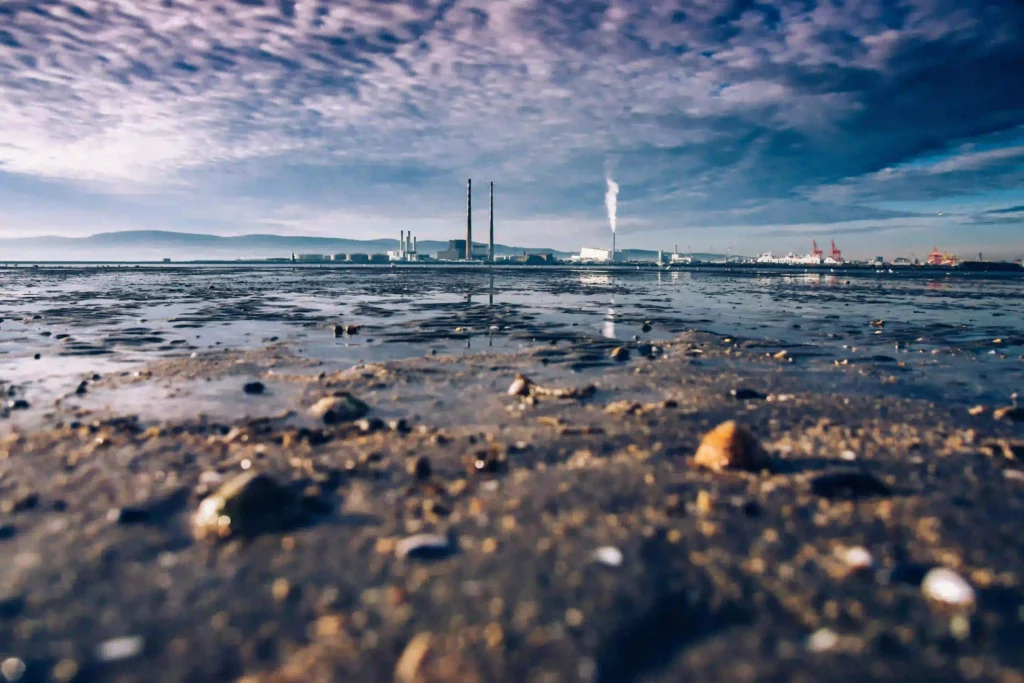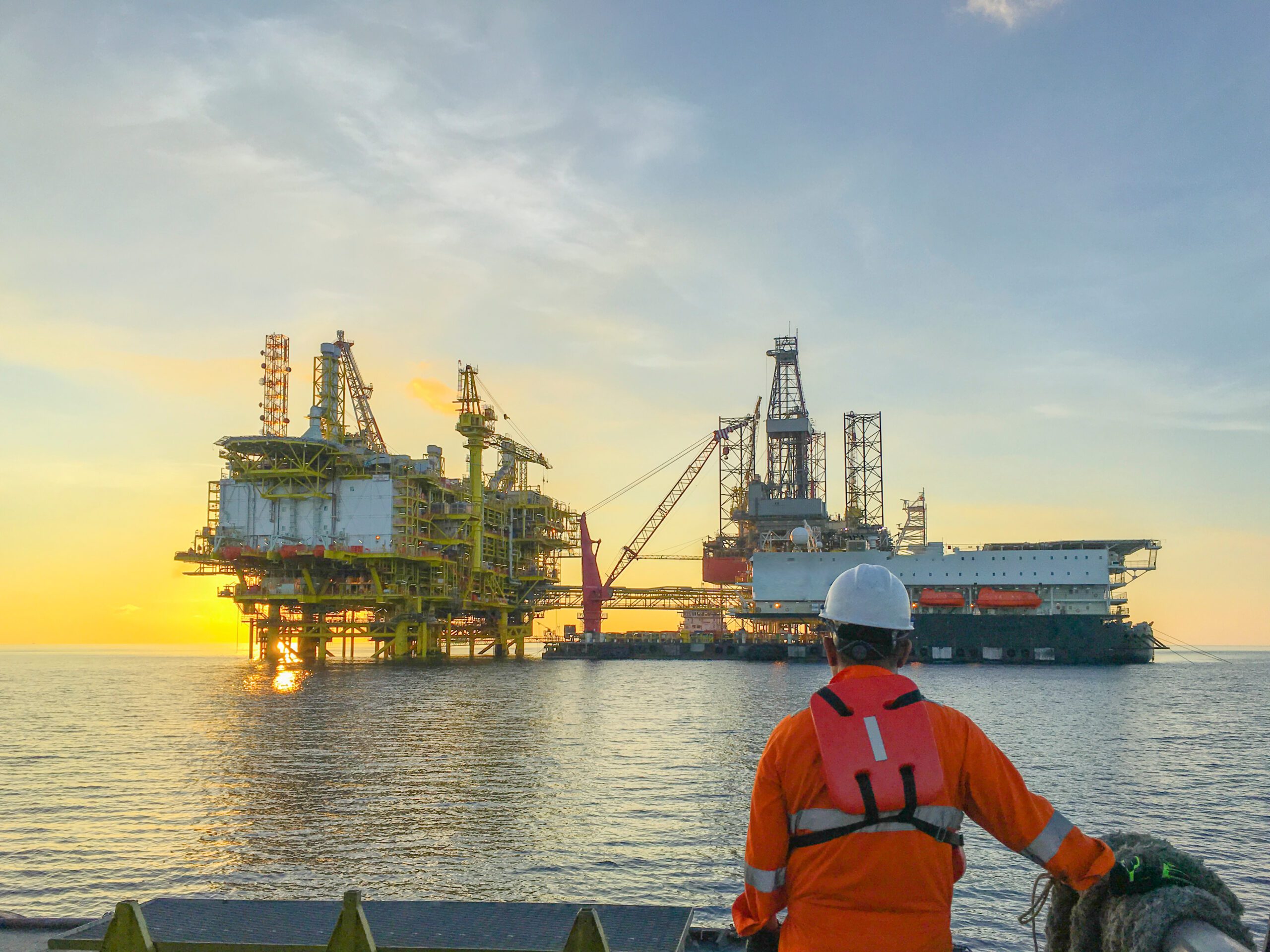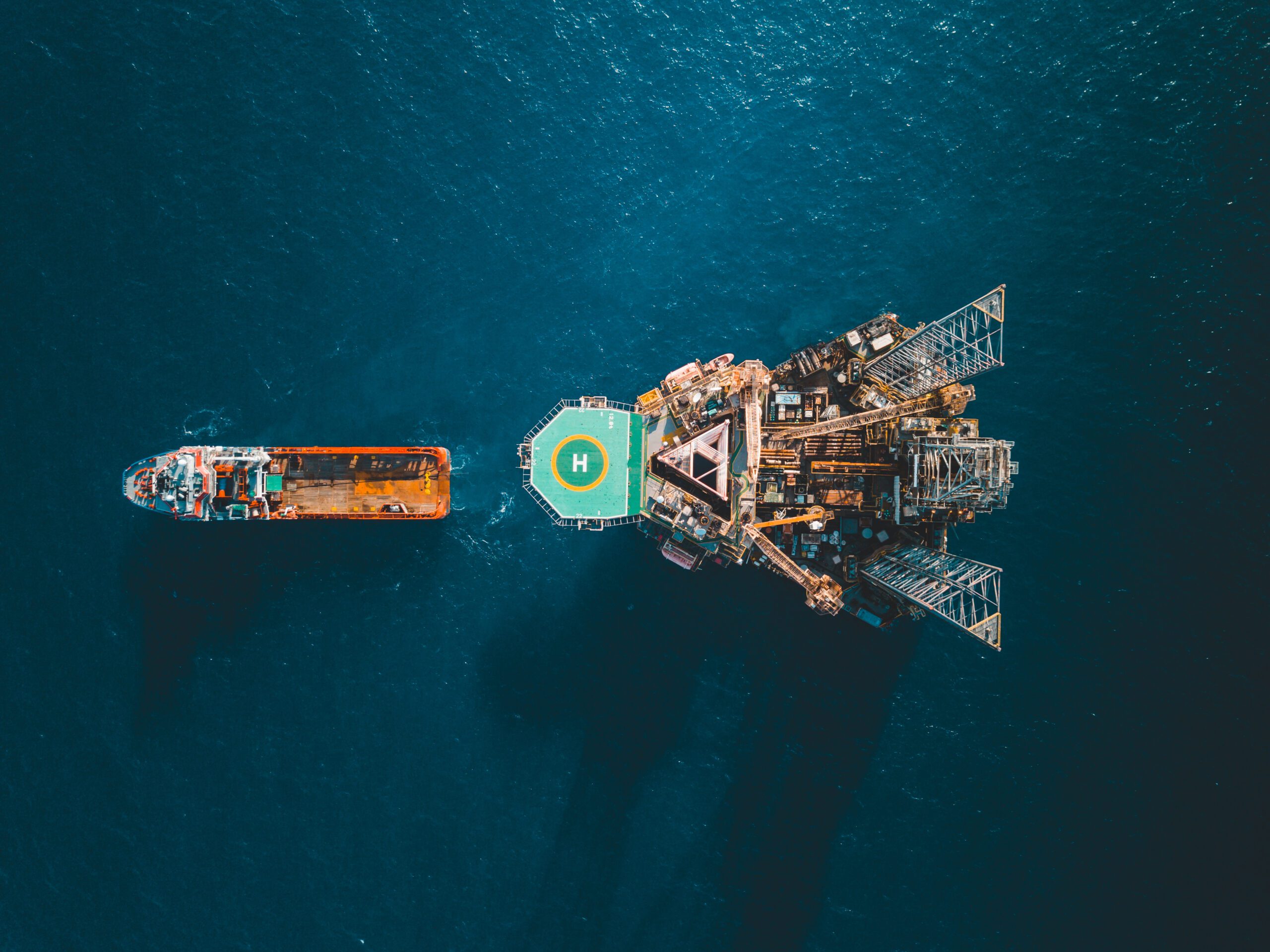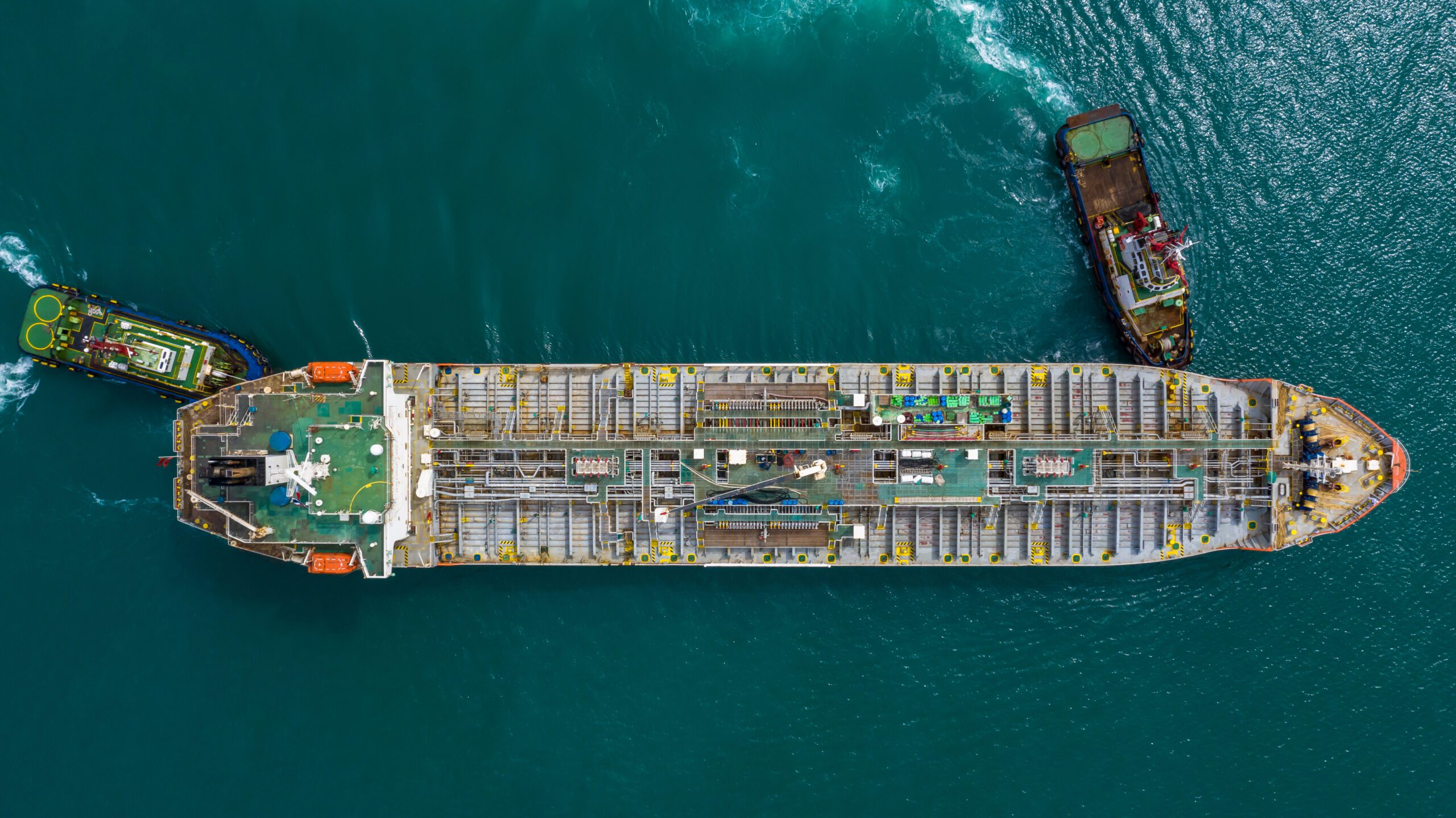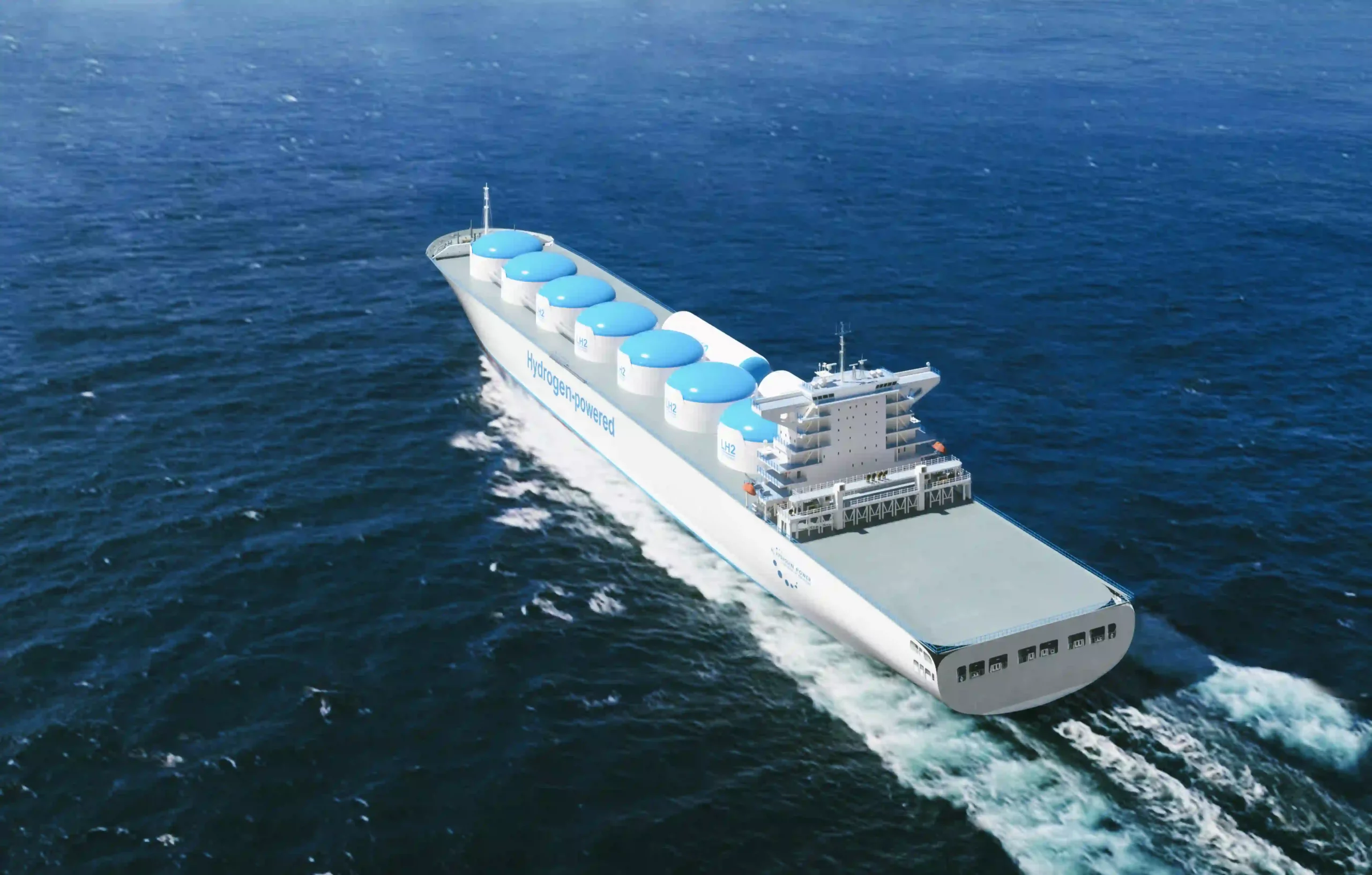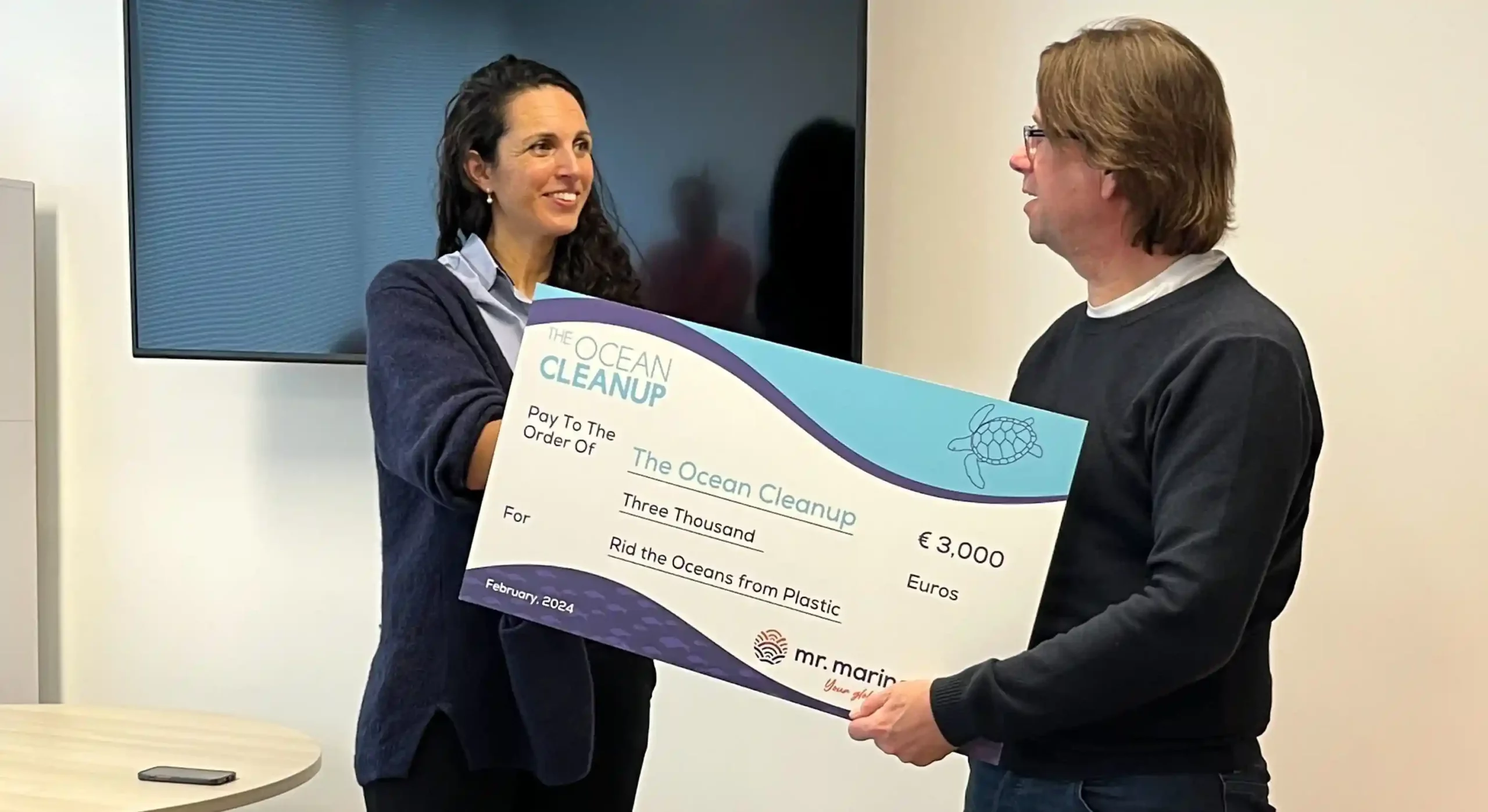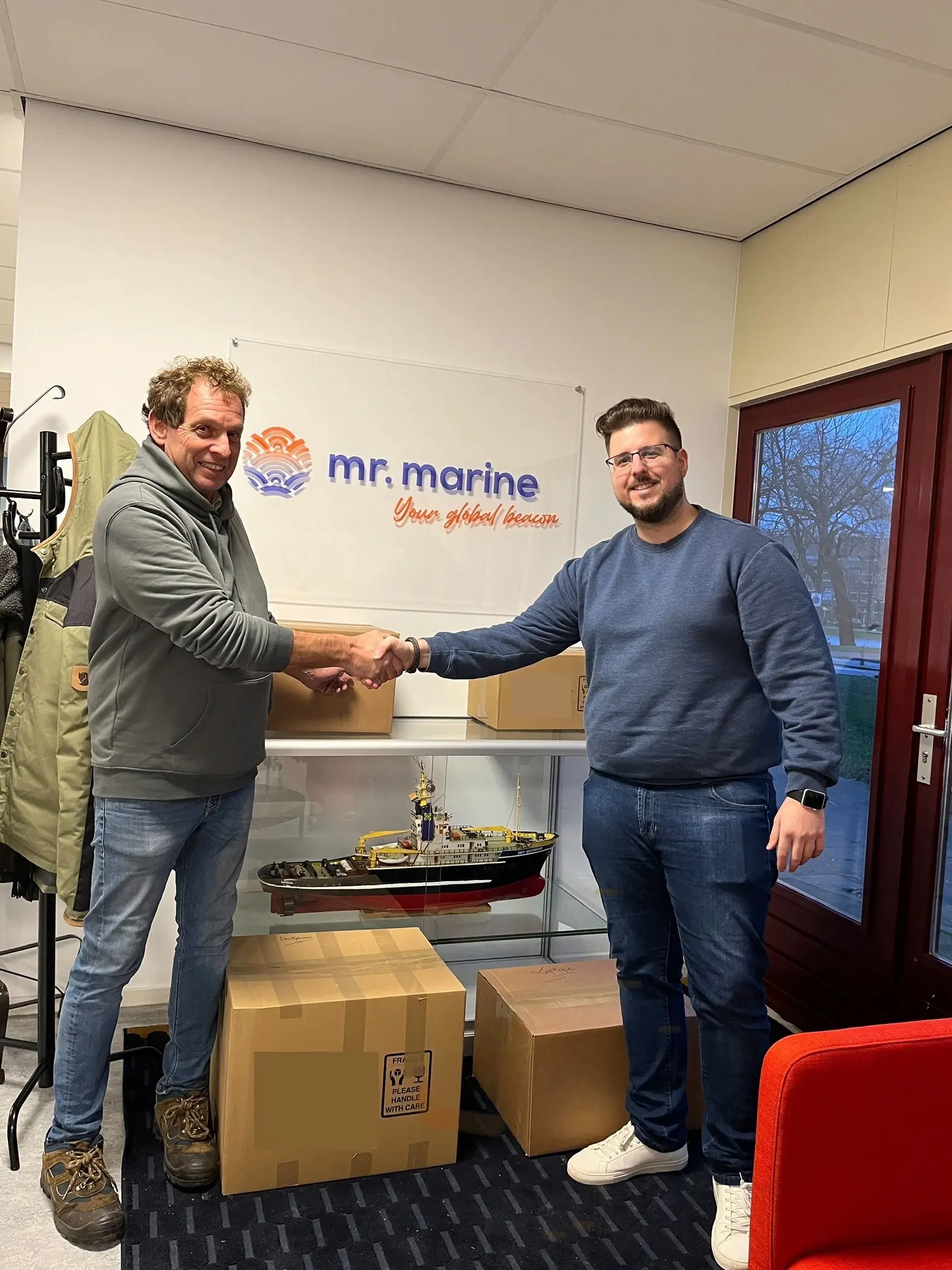In the vast expanse of our oceans, the looming crisis of marine pollution poses a severe threat to the delicate balance of marine ecosystems. From oil spills to the suffocating presence of plastic waste, the urgency of this environmental challenge is evident.
Marine pollution, including source pollution, is defined by the 1982 UN Convention on the Law of the Sea as: “the introduction by man, directly or indirectly, of substances or energy into the marine environment … which results or is likely to result in such deleterious effects as harm to living resources and marine life.” (UNCLOS, 1982). Amidst these concerns, NOAA, the National Oceanic and Atmospheric Administration, uses innovative technologies to address the multifaceted nature of marine pollution.
Types of Marine Pollution
Plastic Pollution
The indiscriminate disposal of plastic products is suffocating marine life and contributing to vast oceanic garbage patches. Plastic pollution in oceans, largely sourced from land-based activities like littering and poor waste management, encompasses various debris types, notably plastic items such as bottle caps, food wrappers, or fishing gear. The issue has gained global attention due to its adverse impact on marine life, with a significant surge noted in recent years. Coastal mismanagement, abandoned gear, and microplastics further exacerbate the problem, accumulating in ocean gyres and notorious patches, leading to environmental concerns worldwide. Action is needed to address this growing threat, particularly in protecting marine mammals and reducing trash accumulation.
Chemical Pollution
Chemical pollution, though often unnoticed, poses a significant threat to marine ecosystems. Originating from sources like crude oil and pesticides, these pollutants impact ocean health. Nutrient pollution, particularly from nitrogen and phosphorus, exacerbated by fertiliser runoff, leads to toxic algal blooms, negatively affecting wildlife and local economies. Nonpoint source pollution, such as nutrient runoff from agricultural activities, adds to the burden on coastal areas. The presence of harmful pollutants in the marine environment requires urgent attention to safeguard marine resources, human health, and the well-being of marine mammals.
Oil Pollution
Oil spills wreak havoc on marine life and ecosystems, resulting in long-term environmental degradation. Despite a decline in oil spills, they still contribute over 10% of oceanic oil, emphasizing the persistent challenges posed by various forms of chemical pollution.
Noise and Light Pollution
The less visible but equally consequential forms of pollution, such as noise and light pollution, impact marine life and disrupt natural behaviors. Pollution in marine environments isn’t always visible. Sound pollution from ships, sonar, and oil rigs disrupts natural marine noises, affecting communication and behaviors within marine ecosystems. Artificial light at night penetrates underwater, altering the marine world. It disrupts circadian rhythms, affecting migration, reproduction, and feeding patterns for various species. Both sound and light pollution pose challenges to marine life, impacting their crucial behaviors and interactions.
The Threat of Marine Pollution
Marine pollution poses a severe threat to our oceans, coasts, and the intricate biodiversity that thrives within these ecosystems. From the pervasive issue of plastic pollution and single-use debris to the harmful impacts of sewage and chemical waste, the sources of water pollution are numerous and varied. Rivers act as conduits, carrying litter and pollutants from inland areas to the ocean, where they degrade water quality and endanger marine wildlife. Ocean acidification, driven by increased CO2 levels, further exacerbates the challenges faced by fish and other sea creatures. The National Oceanic and Atmospheric Administration (NOAA) has highlighted the urgent need for action to combat these environmental threats. By addressing the root causes of ocean pollution and promoting sustainable practices, we can work towards preserving the health of our seas and ensuring a thriving environment for future generations.
Mr. Marine’s Innovative Solutions
Ballast Water Treatment Systems
Mr. Marine addresses the threat of invasive species through advanced ballast water treatment systems, ensuring compliance with environmental standards and preventing the unintentional transfer of harmful organisms.
Oil Discharge Monitoring Equipment (ODME)
Recognizing the severe impact of oil pollution, Mr. Marine incorporates ODME systems into its operations, actively monitoring and controlling the discharge of oily water to meet regulatory standards and mitigate the risk of accidental oil spills.
Environmental Monitoring and Protection Products
In commitment to sustainability, Mr. Marine provides eco-friendly solutions through its equipment and systems, promoting a shift towards cleaner and greener practices within the maritime industry.
Contact Mr. Marine for your next service
Through a comprehensive approach encompassing advanced ballast water management, ODME systems, and environmentally conscious equipment, Mr. Marine stands as a beacon of environmental responsibility. As the world collectively strives for a more sustainable future, the contributions of such companies serve as a testament to the crucial endeavor to preserve our marine ecosystems and resources, safeguard wildlife, and promote human health through proactive actions against marine pollution. Contact us now to schedule your next service for these systems.
At Mr. Marine, we are also committed to further raise environmental and sustainability awareness on special occasions, like:


